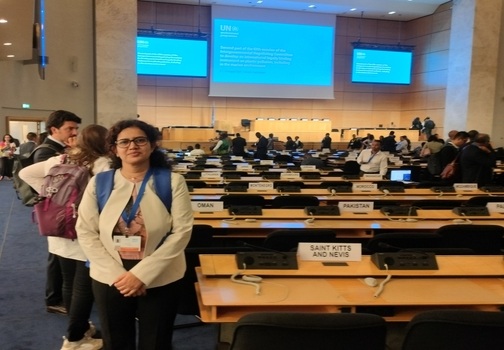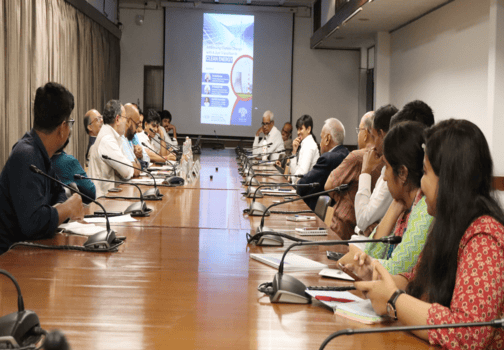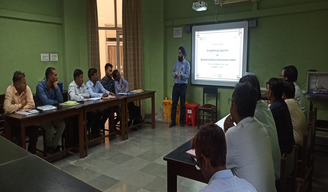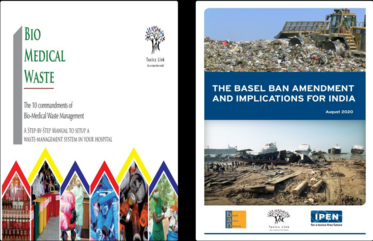E-Waste management in the country
GOVERNMENT OF INDIA
MINISTRY OF ENVIRONMENT, FOREST AND CLIMATE CHANGE
RAJYA SABHA
UNSTARRED QUESTION NO. 990
TO BE ANSWERED ON 10.02.2022
E-Waste management in the country
990. SMT. PHULO DEVI NETAM:
Will the Minister of ENVIRONMENT, FOREST AND CLIMATE CHANGE be pleased to state:
(a) the amount of e-waste generated in the country annually in the last five years,
Statewise;
(b) whether India imports e-waste from developed countries;
(c) if so, the details of the amounts imported thereof, along with the names of the exporter
countries, year-wise during the last five years; and
(d) details of steps Government is taking to prevent e-waste from being imported given
that a 2020 report by the Central Pollution Control Board states that India generated
1,014,961tonnes of e-waste in FY 2019-2020 which went up by 32% from FY 2018-2019?
ANSWER
MINISTER OF STATE IN THE MINISTRY OF ENVIRONMENT, FOREST AND CLIMATE CHANGE
(SHRI ASHWINI KUMAR CHOUBEY)
(a) Under the E-Waste (Management) Rules, 2016, twenty-one (21) types of electrical
and electronic equipment (EEE) have been notified. These notified EEE at the end of their
life becomes E-Waste. The input data for estimation of generation of e-waste is available
only from FY 2017 – 18 and for national level generation only. Information on national level
e-waste generation is available financial year wise for the financial year 2017-18, 2018-19
and 2019-20 and is given in the table below:
S.No. Financial Year Generation (Tonnes)
- 2017-2018 7,08,445
- 2018-2019 7,71,215
- 2019-2020 10,14,961.2
(b) to (d) The import and export of hazardous and other wastes is regulated under the
Hazardous and Other Wastes (Management and Transboundary Movement) Rules, 2016
notified by the Ministry. Government had banned import of e-waste in the country since 04-
04-2016 by listing e-wastein the Schedule VI (Basel No. A1180) of the said rules. The
increase in generation of e-waste is due to increase in the sales of EEE in the Country in previous years.






